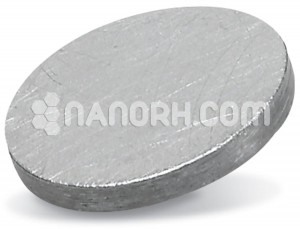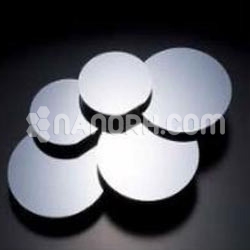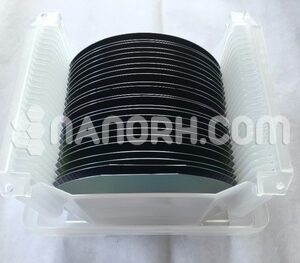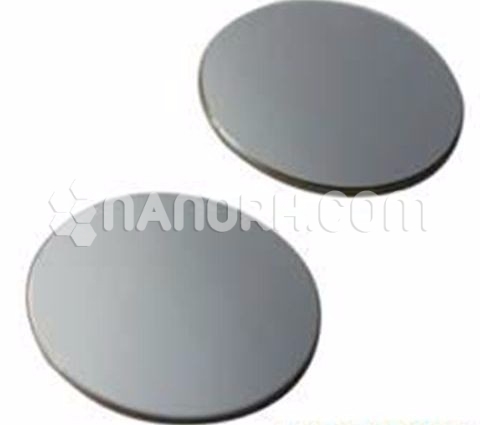| Lead Sputtering Target | |
| Product No | NRE-43085 |
| CAS No. | 7439-92-1 |
| Formula | Pb |
| Molecular Weight | 207.2 g/mol |
| Purity | >99.9% |
| Density | 11.34 g/cm³ |
| Thickness | 3 mm ± 0.5mm (can be suctomized) |
| Diameter | 50 mm ± 1mm (can be customized) |
| Shape | Round |
| Resistivity | NA |
| Thermal Expansion | NA |
Lead Sputtering Target
Electronics
Conductive Films: Lead sputtering target is used to create conductive films in circuit boards and electronic components.
Resistors and Capacitors: Lead films enhance performance in passive electronic components.
Optical Coatings
Anti-Reflective Coatings: Used on lenses and mirrors to minimize reflection and improve transmission.
Optical Filters: Tailored lead coatings can selectively filter specific wavelengths of light.
Soldering Materials
Lead-Alloy Solder: Lead is a key component in traditional solder used for electronic connections, providing excellent electrical conductivity and low melting points.
Radiation Shielding
X-ray and Gamma-ray Protection: Lead’s high density makes it effective for shielding in medical and industrial applications, such as X-ray rooms and nuclear facilities.
Thin Film Batteries
Lead-Acid Batteries: Sputtered lead films can be used in components of lead-acid batteries, enhancing their performance and efficiency.
Corrosion-Resistant Coatings
Protective Coatings: Lead can be applied to metals to create corrosion-resistant surfaces, extending the lifespan of equipment in harsh environments.
Magnetic Materials
Magnetic Film Deposition: Lead can be used in the deposition of thin films for magnetic applications in sensors and data storage devices.
Thermal Management
Heat Sinks: Lead films may be used in thermal management systems to enhance heat dissipation in electronic devices.
Plating and Coating
Surface Coatings: Lead can be applied to improve surface properties, such as wear resistance and lubricity.




